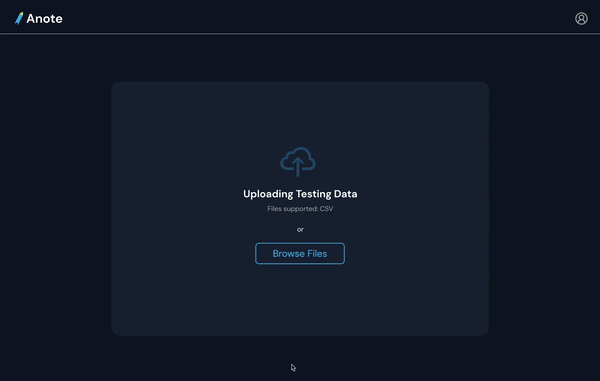Human-centric Approach: Scalable AI Solution for Domain-Specific Use Cases
The human-centric approach offers a scalable and domain-specific solution to address labeling challenges across various industries. It excels in incorporating human feedback, enabling successful completion of domain-specific use cases with remarkable accuracy, surpassing most sector-specific "general models".

Applications
Finance - Document Information Extraction
A large finance company relies on a team of data annotators to extract key points from financial documents. Despite exploring AI techniques like OCR, manual extraction remains predominant. The human-centric approach can automate and enhance this process, improving efficiency and accuracy.
Education - Writing Proposals
When writing research proposals, organizations often face uncertainty regarding the content's relevance for acceptance. Labeled data describing the impact of certain sentences on the chances of proposal acceptance can aid in decision-making. The human-centric approach allows for precise labeling, assisting in proposal refinement.
Healthcare - Classifying Cancer
A New York-based hospital aims to classify specific types of cancer in radiology reports. Traditional AI models like BERT faced challenges due to imbalanced datasets. By leveraging the human-centric approach, heuristic models and alternative labeling mechanisms can be utilized to address the scarcity of labeled training data, achieving superior accuracy.
Non-Profit - Identifying Violent Tweets
A non-profit organization analyzes social media data from Twitter to ensure public safety in New York City. To develop a model that identifies violent tweets, annotated data indicating whether a tweet is "violent" or "not violent" is necessary. The human-centric approach combines human feedback with automated techniques, resulting in highly accurate labeling.
Legal Tech - Classifying Terms in Legal Agreements
A tech-based law firm reviews numerous investor term sheets and acquisition agreements for startups, requiring identification and documentation of essential information. The human-centric approach can incorporate human feedback effectively, surpassing sector-specific "general models" in accuracy and ensuring tailored results for each legal agreement.
Research - Co-referencing in Research Papers
A top-tier university research institute aims to understand relationships between species phenotypes in research papers. Manual annotation becomes a necessity due to existing labeling tools' inability to meet their specific use case requirements. The human-centric approach leverages human expertise, enabling precise co-referencing and entity annotation for insightful research analysis.
Miscellaneous - Unsubscribe From Emails
An organization seeks to help employees save time and declutter their mailboxes by automatically recommending which emails to unsubscribe from. The human-centric approach combines user feedback with advanced algorithms to provide personalized and accurate recommendations, outperforming general-purpose models in email management.
Summary
The human-centric approach, with its ability to incorporate human feedback effectively, achieves remarkable accuracy in domain-specific use cases. It surpasses most sector-specific "general models" by providing tailored solutions that align with the unique requirements of each industry, resulting in enhanced efficiency, accuracy, and productivity.